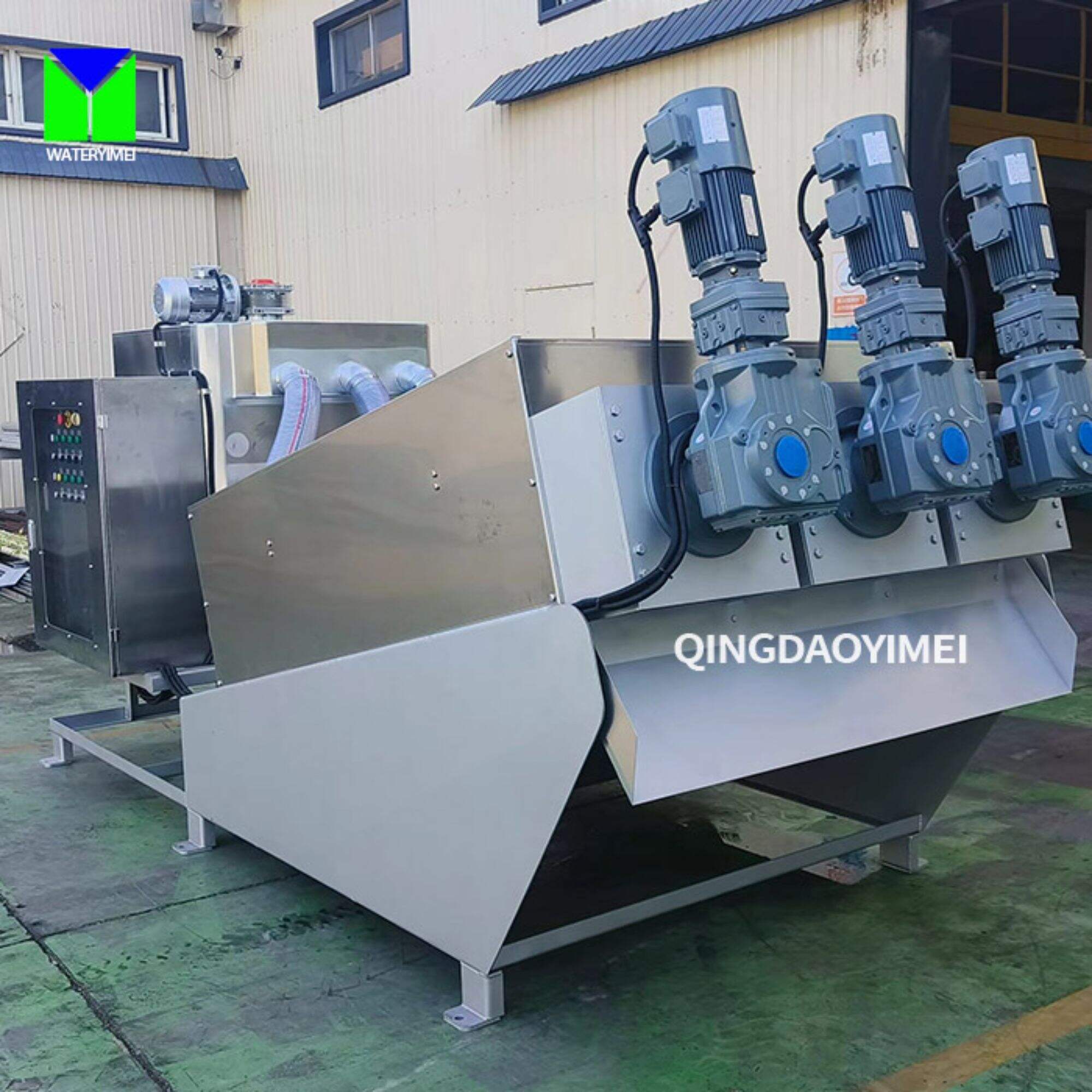The better disposal of wastewater is a primary objective in industrial waste management both for ecological reasons as well to meet regulations. The way that industry has become more and more entrenched combined with increased urbanisation means access to state of the art yet compressed waste water & industrial effluent solutions are imperative. One such technology, perfect at addressing these challenges is the Membrane Bioreactor (MBR) systems transforming how we treat wastewater in package plants. In this article, discussions will be made on the complex MBR systems working and how they are setting up a soil for future industrial waste water treatment that adds not only enhanced efficiency to processes but also environment friendliness keeping in mind extreme environmental aspects.
What is the Role of MBR in Wastewater Treatment
At a glance, MBR technology is the commingling of traditional biological treatment processes combined with state-of-the-art membrane separation technologies. MBRs, on the other hand, eschew gravity for membranes that effectively filter out suspended solids and bacteria from treated water in a reliable manner impossible to achieve with traditional activated sludge systems. It not only exceeds traditional systems in terms of effluent purity, but also allows treated water to be reused and recycled, thus saving valuable resources MBR-based package plants are of a relatively compact design and can fit into small areas, e.g. urban centres or on smaller industrial sites where space is at premium.
The Reuse of Membrane Bioreactor Wastewater Treatment in MBR Systems into Energy and Water Production with Focus on Efficiency and Sustainability
Modern MBR systems have therefore merged efficiency and environmental consciousness. Because MBRs allow a high mixed liquor suspended solids (MLSS) concentration in the bioreactor, they achieve high biochemical oxygen demand (BOD) and chemical oxygen demand (COD) removal rates. This increased efficiency means less energy is consumed for every unit volume of treated water. In addition to this, the low sludge yield and potential for nitrogen/phosphorus capture & utilisation means less energy will be needed in waste water treatment as a whole cycle leading the process more sustainably with lower carbon footprints.
Introduction to Advanced MBR Technology with Wastewater Treatment
However, the extent to which MBR systems can revolutionize industrial wastewater management also increases as technology itself continues to develop. Exploration of new high-performance membrane materials and novel process configurations are providing membranes with improved lifespan, fouling resistance, and permeability. These developments will enable MBR systems are not only longer lasting but also easier to maintain and operate. Paired with intelligent monitoring systems and automation, the MBR plants can be made more efficient - able to adjust their processes based on real-time optimization of influent characteristics-boosting even further the limits where sustainable waste water treatment is within reach.
MBR Package Plants Comply with Strict Regulations
Environmental regulations regarding wastewater discharge have become increasingly more strict worldwide. Specifically, MBR package plants perform particularly well against these standards as they generate very high quality effluent on a regular basis making discharge into sensitive ecosystems or use in reuse applications more feasible. Limits will be the toughest The elimination of trace contaminants, including those structured within MBR technology throughout this specific publication - whether to account for reuse or meeting very tight nutrient discharge limits ensuring that pathogen compliance is met all form a strong proposition in favour of using the best possible treatment (those life glass cleaners). Its ability to handle different compositions of wastewater comes in handy, providing the said industries can illustrate their commitment towards environmental stewardship and at the same time remain well within regulatory jurisdiction.
Improving Operations through Small-Scale Wastewater Treatment Systems
Many industrial sites are limited by space constraints and place a strong emphasis on operational simplicity. Packaged MBR systems provide a turnkey approach where all the stages required for treatment—screening, biological process and filtration—are integrated into one compact unit. It saves space, but also simplifies the installation and operation. MBR systems based on modular designs allow MBR system to simply be scaled up or down with changes in wastewater volumes, this is a boon for growing industries as it allows flexibility. It also provides automated controls that reduces manual interference, which in turn brings down labour costs and overall operational load.
In summary, MBR tech in package wastewater sewage treatment plants offers a green sophisticated and cost effective solution to handle industrial waste water. The high degree of treatment, efficiency compactness and ability to meet stringent health and safety regulations make a membrane bioreactor systems an enabling technology for sustainable industrial development. With the current advancements in this technology and continued R&D, wastewater treatment can have an even more synergetic relationship with industrial progress and environmental conservation.

 EN
EN AR
AR
 BG
BG
 CS
CS
 DA
DA
 NL
NL
 FI
FI
 FR
FR
 EL
EL
 HI
HI
 IT
IT
 JA
JA
 KO
KO
 NO
NO
 PL
PL
 PT
PT
 RO
RO
 RU
RU
 ES
ES
 TL
TL
 ID
ID
 UK
UK
 ET
ET
 TR
TR
 AF
AF
 GA
GA
 MK
MK
 BN
BN
 NE
NE
 KK
KK
 SU
SU
 UZ
UZ

